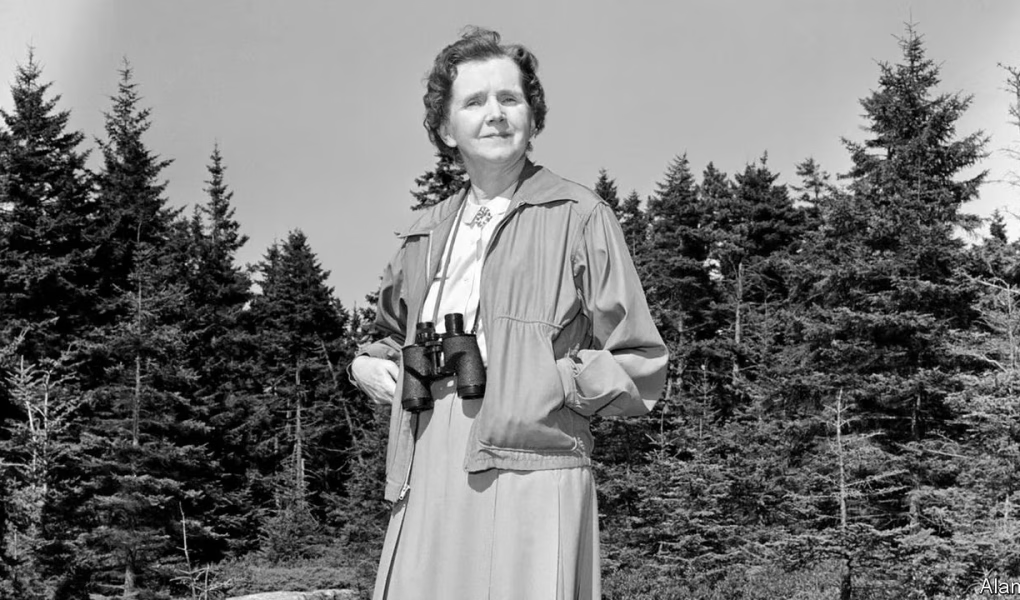ist-pasion.com – Rachel Carson, a pioneering environmentalist and journalist, forever changed the way we perceive and interact with the natural world. Through her eloquent writing and relentless advocacy, she brought environmental issues to the forefront of public consciousness and inspired a global movement toward conservation and sustainability.
Early Life and Passion for Nature
Rachel Louise Carson was born on May 27, 1907, in Springdale, Pennsylvania. From a young age, she exhibited a profound love for nature, spending countless hours exploring the fields and forests around her home. This passion led her to pursue a degree in biology at the Pennsylvania College for Women, followed by a master’s degree in zoology from Johns Hopkins University.
A Career in Science and Writing
Carson’s dual interests in science and writing naturally led her to a career that combined both. She began working for the U.S. Fish and Wildlife Service in 1936, where she wrote pamphlets and articles about conservation. Her ability to translate complex scientific concepts into accessible and engaging prose quickly became apparent.
The Impact of “Silent Spring”
Carson’s most significant contribution came with the publication of her groundbreaking book, “Silent Spring,” in 1962. In it, she meticulously documented the adverse effects of pesticides, particularly DDT, on the environment. Her compelling narrative and scientific rigor raised awareness about the dangers of chemical pollutants and their impact on ecosystems and human health.
Catalyst for Environmental Change
“Silent Spring” was a catalyst for change, sparking widespread public concern and debate about environmental issues. Carson faced fierce opposition from chemical companies, but her work ultimately led to policy changes and the eventual ban of DDT in the United States. Her efforts also contributed to the establishment of the Environmental Protection Agency (EPA) in 1970.
Legacy of Advocacy and Awareness
Rachel Carson’s legacy extends far beyond her written work. She is credited with launching the modern environmental movement and inspiring generations of activists, scientists, and policymakers. Her courage in speaking truth to power and her unwavering commitment to preserving the natural world continue to influence environmental discourse today.
Conclusion
Rachel Carson’s role as journalism’s environmental activist cannot be overstated. Her ability to blend scientific insight with evocative storytelling brought critical environmental issues to the forefront and empowered individuals to take action. Carson’s enduring impact is a testament to the power of journalism to effect meaningful change in the world.

